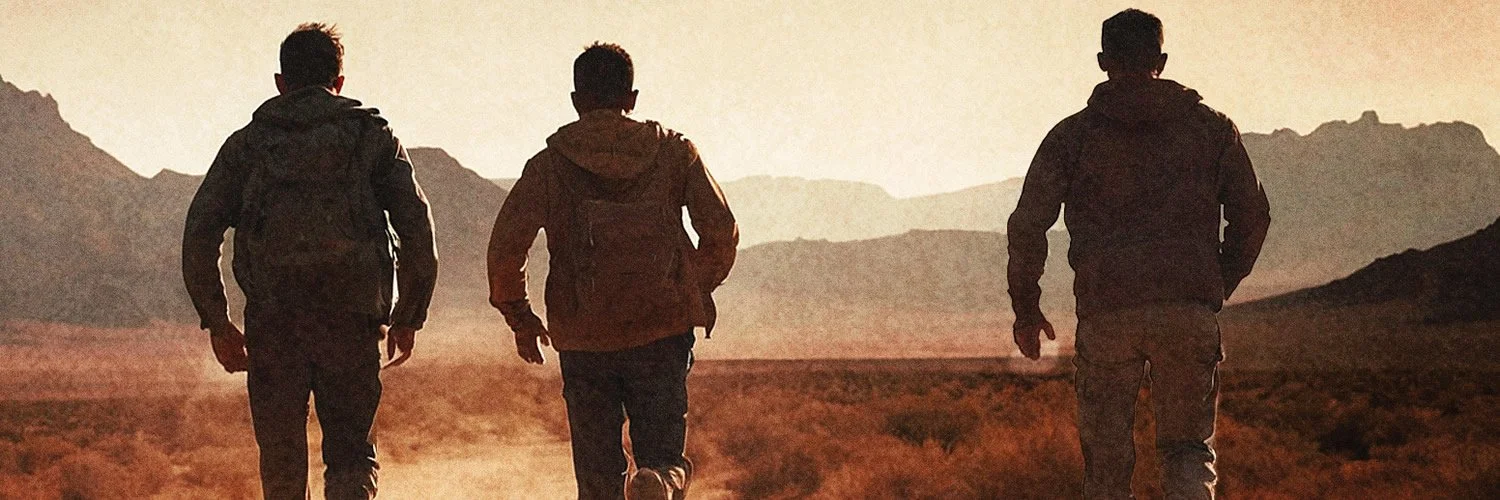As a writer, the entire idea of banning books disgusts me. My Facebook and other friends range from radical progressives and more than one ‘Never Trumper’ to people from the far political right, some who believe we are in the midst of a Communist takeover. To try to understand banning books, I approached a couple of Social Conservatives and was a bit shocked to find that I agreed with much of their thinking.
Putting this into perspective, I reflected on my own childhood, where issues like sexuality and themes that divided us were not part of elementary school. I had friends of all races, economic status and probably sexual persuasion, although as a young kid, none of us even knew what that meant.
The Social Warriors I talked to weren’t book burners. Rather they believed that kids should be allowed to be kids and deep emotional themes in books should be reserved for later years when readers could evaluate the messages themselves without indoctrination. In other words, books should be age appropriate, as determined by parents.
I did not have the same experience when discussing book and curriculum bans with my ultra-progressive friends. Their abject anger over the new history curriculum and books promoted by the Florida Department of Education made little sense. Their primary argument was over one section of the curriculum that addressed slavery. The curriculum writers offered an observation that many enslaved people actually accumulated skills that helped them after slavery was outlawed. Somehow this was interpreted as a justification for slavery.
In Solomon Northup’s book Twelve Years A Slave, written by a former slave, he discusses numerous jobs he did and observed others doing. They included lumbering and mill operations, construction, maritime work, and others. Any study of the collapse of the southern economy at the end of the Civil War and situations that fueled ongoing racial anger shows that the lower and middle income southerners saw many of the jobs that supported their families go to newly freed black Americans under the Military rule of the South after the war.
What we need to address is access to controversial books when kids are at an age to interpret and analyze what they read. Heller’s Catch 22, and the book Rosa which addresses racism in the mid 20th century are important works. Cider House Rules, which addresses issues like drug use and abortion, is not a ‘how to’ book; rather it is a vivid telling of the emotional brutality that can come with adolescent life. Many of these themes make those on the right uncomfortable, but they are important for our youth to read—when they are ready.
On the other side of the aisle, much of the historical fiction and non-fiction writing deal with issues and practices that today most reject, for example slavery. But we cannot change history by ignoring it. Many of our founding fathers owned slaves at a time when it was culturally acceptable. Writing those leaders out of history is simply ignoring all the other things that they did for the country. Finding the silver lining in dark places proves that throughout history, mankind has been trying to make the world a better place.










